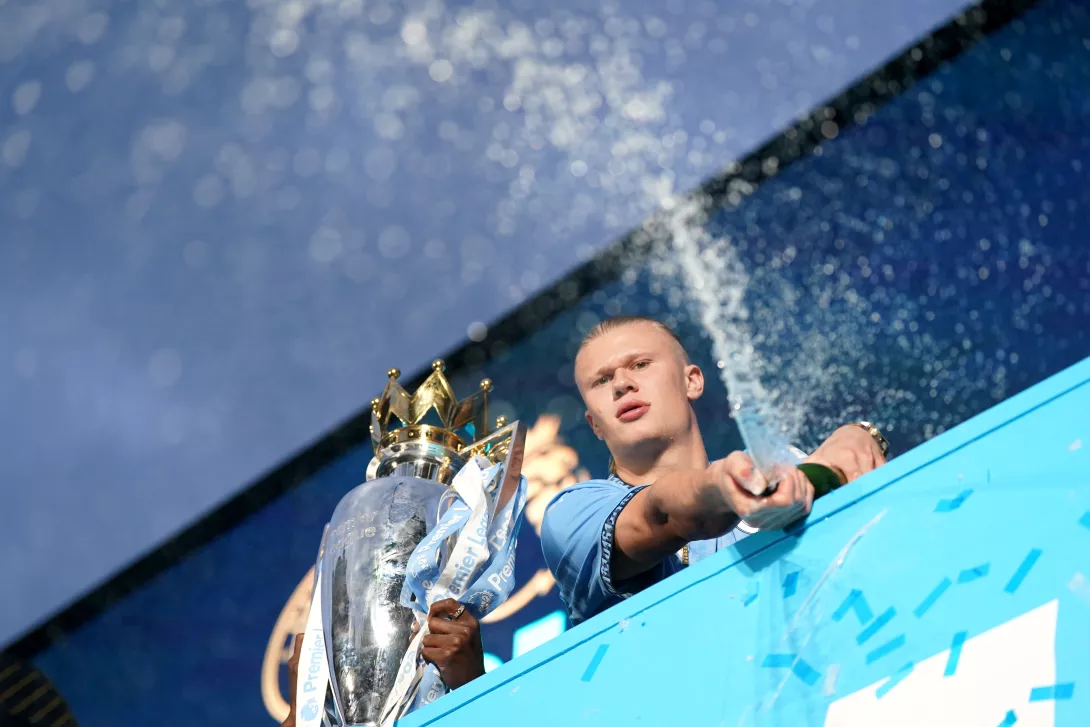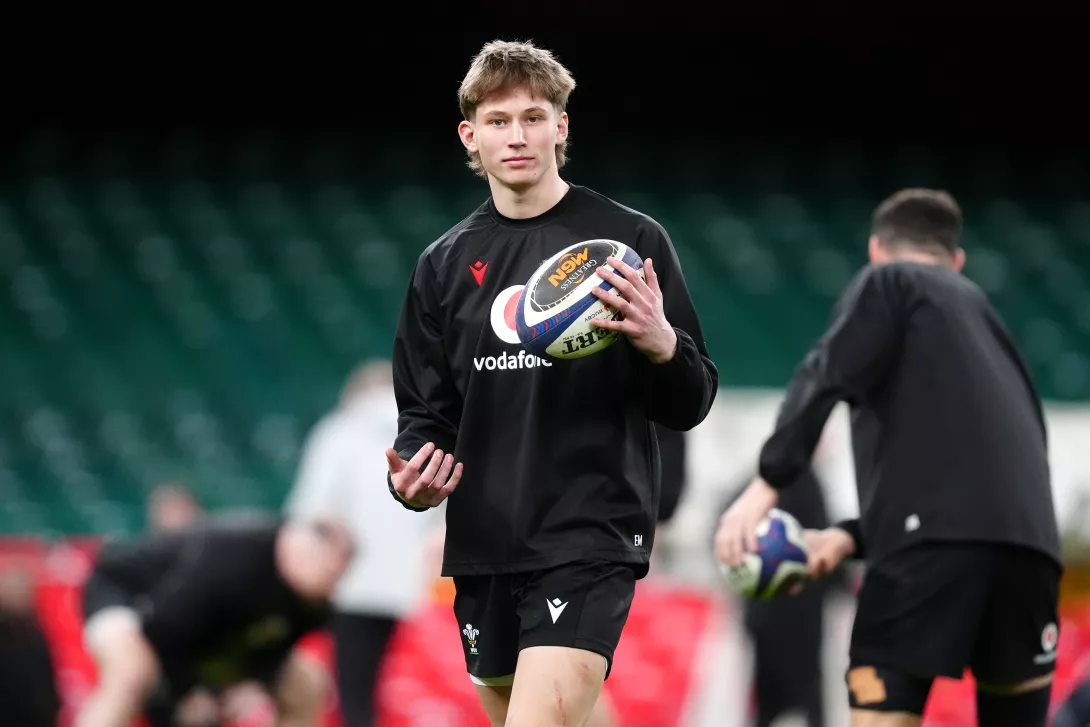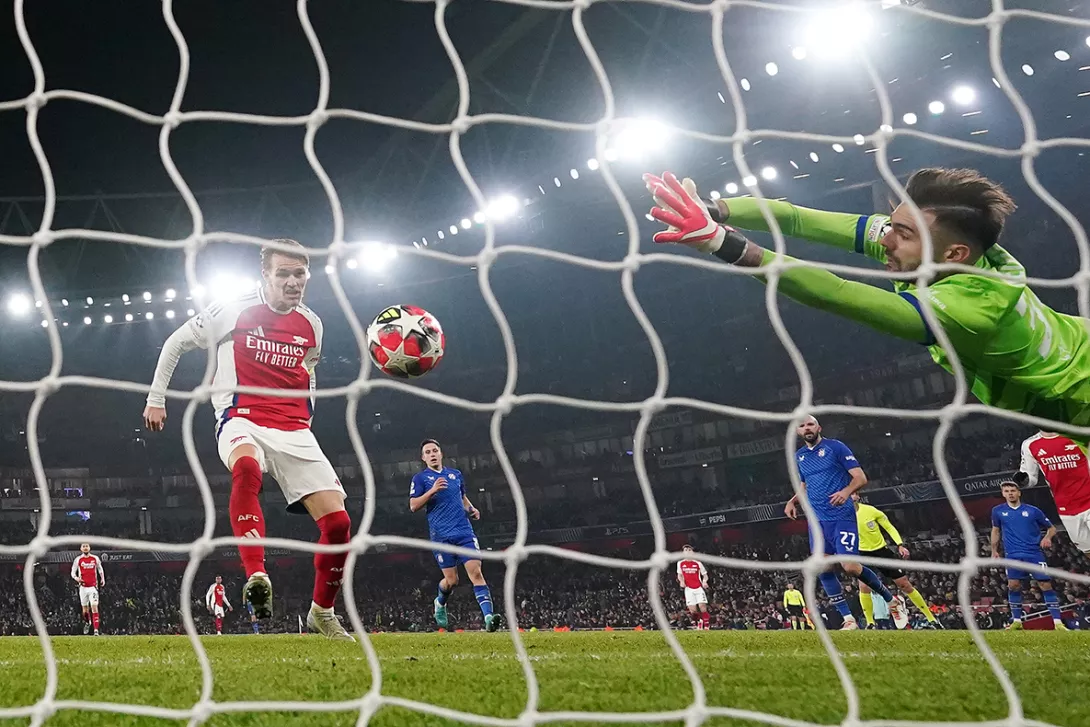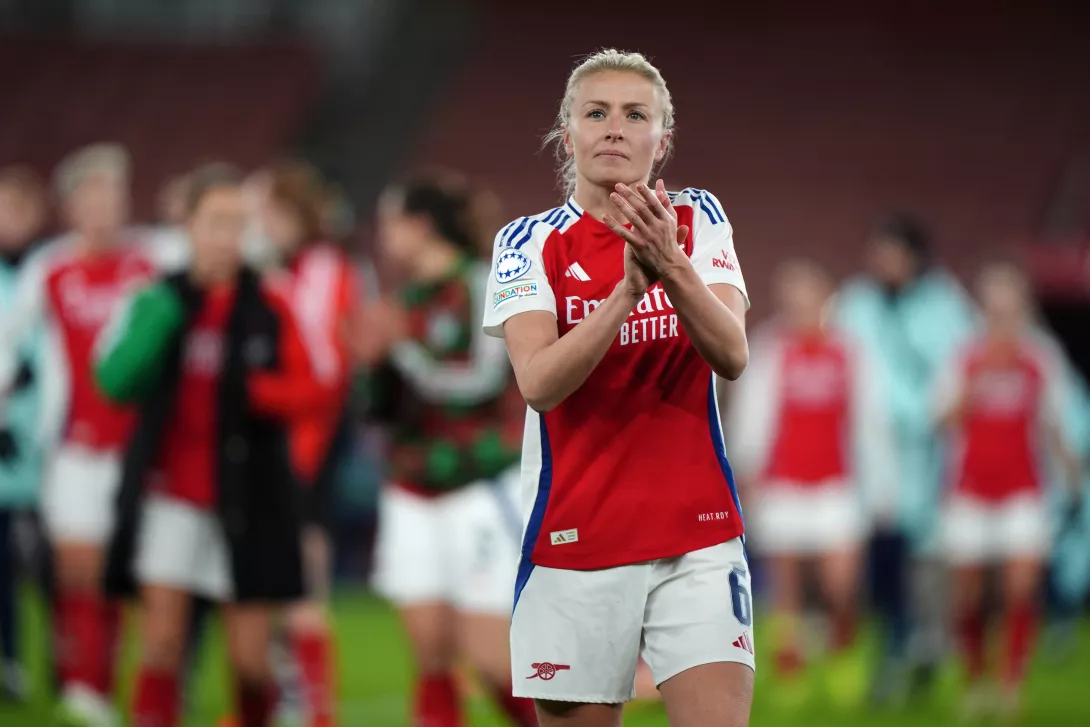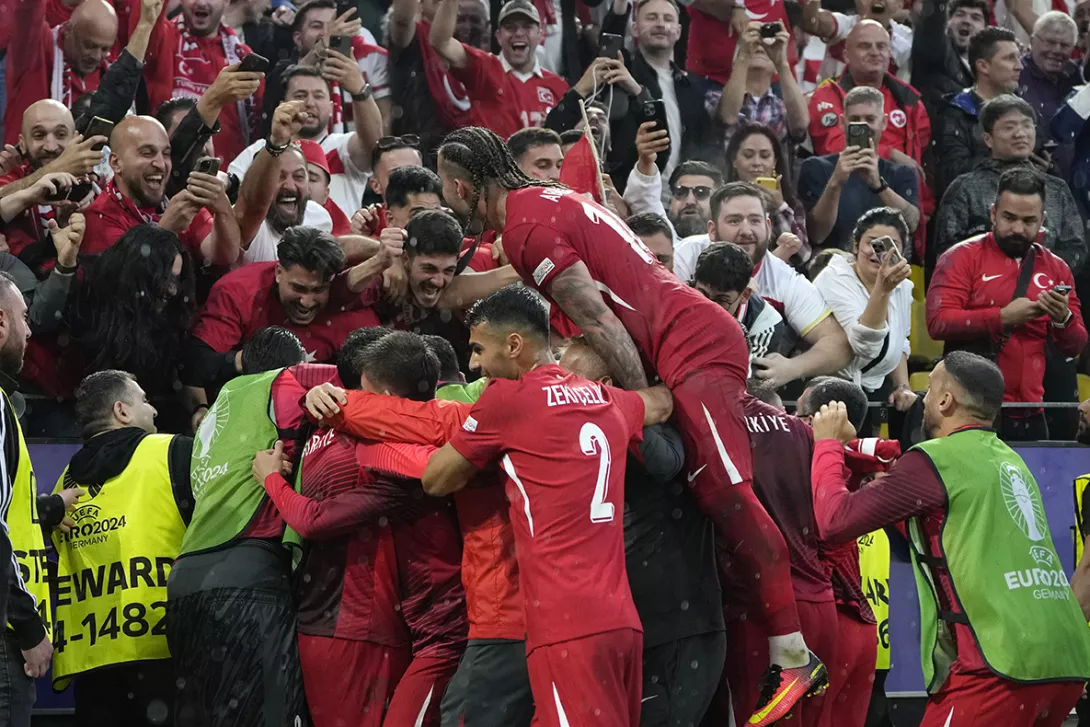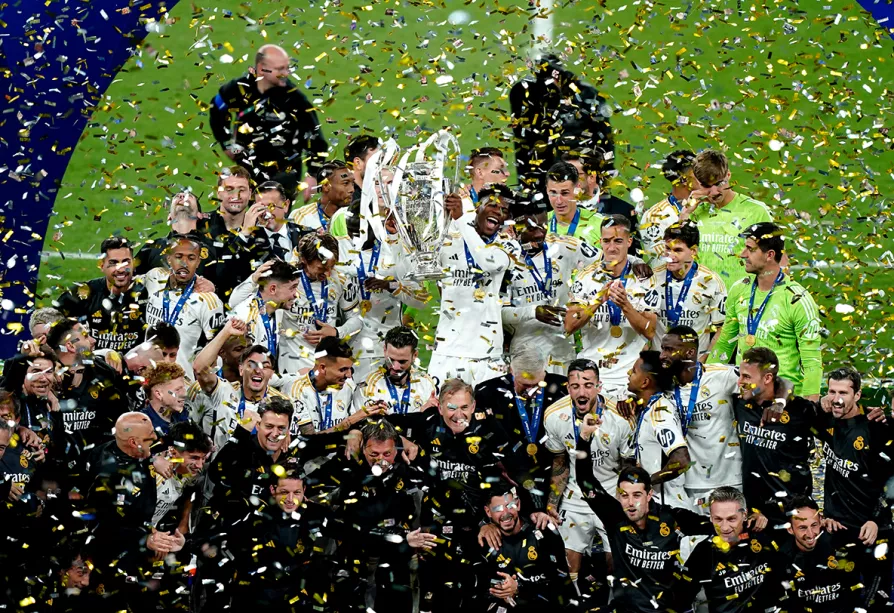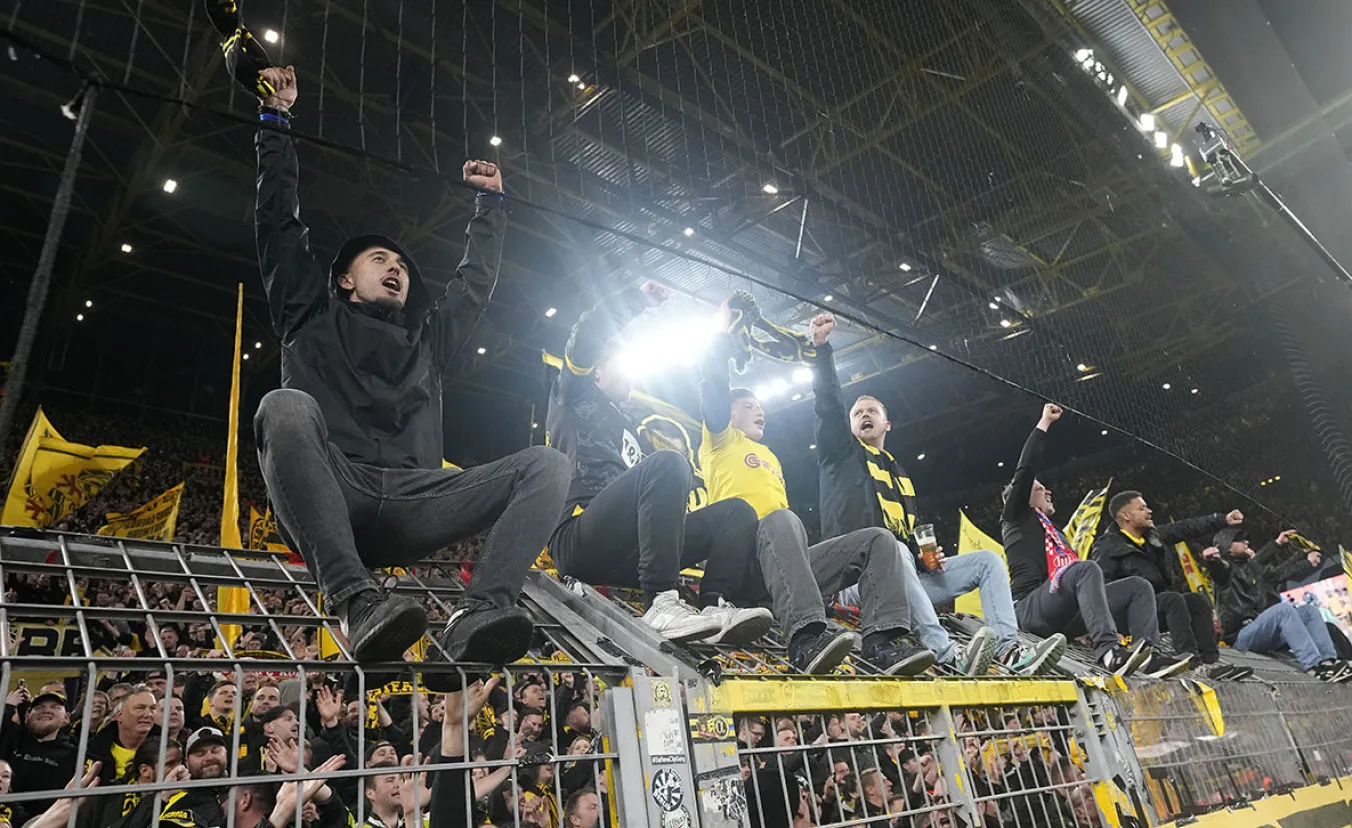
HELLO, how’s your week been? I’ve spent the last four days having a wonderful time in a football utopia, otherwise known as Germany.
Imagine a world where tickets to a Champions League game cost €18 bought officially on the day. Where you can drink anywhere inside and outside a stadium. Where fan culture is strong and powerful and appreciated, not watered down for corporate homogeny, or denied or overrun by overexcessive state power, rules and regulations, edicts and bans.
Where displays of pyrotechnics, smoke bombs and firecrackers are not only allowed, but encouraged and welcomed. Where using your mobile phone during a game is emphatically frowned upon, and people filming themselves on YouTube for personal gain mocked and given zero credence.
